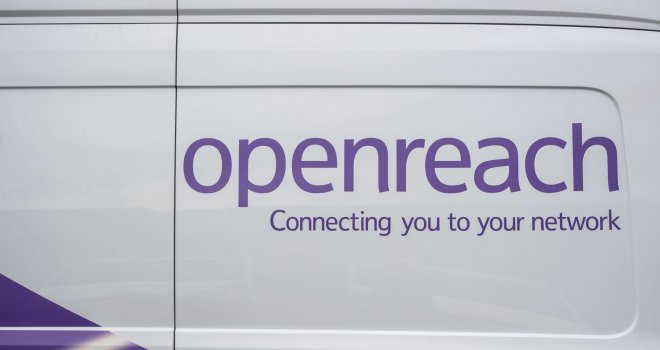Why SMS Is Still Brilliant For Mobile Marketing, If Only We’d Stop Fiddling With The Model

SMS may be in its thirties, but it resonates and continues to do something right, despite an eye-rolling attitude from some sectors in some parts of the world. South Africa is one place you’ll find SMS being warmly embraced.
The regularly used formula for South African TV ads is very simple: viewers see a TV ad and if they’re interested in what is being sold, they text, and they’re called back. Done. SMS text messaging by South African organisations of all shapes, types, and sizes clearly see SMS text messaging as a valuable tool for communicating with existing clients and attracting new customers.
Commodity
I keep hearing that SMS is a commodity and when people refer to business SMS (Application-to-Person SMS, A2P) as ‘bulk messaging’ I really hate it. It’s doing a disservice to a mobile digital channel that requires zero introductions, that more than 5 billion people globally are completely comfortable with right now, and for which no internet connectivity or fancy smartphones are required.
If you send an SMS right now to a friend or loved one, the chances are they will read its content within a handful of minutes, unless they’re driving, asleep, or in a meeting or a cinema … and even then, their first loo break will see them check their phone. Email just can’t compete with the “open rate” of SMS. This makes SMS very valuable.
We need to talk more about SMS
I know from experience that the world over there are many organisations using SMS to great effect, but there are many others not taking advantage of this incredible tool. I put this down to the business messaging industry doing a bad job of working together to publicise just how effective SMS is at getting eyes on content, ultimately driving real outcomes, i.e., conversions.
TV adverts for numerous goods and services (including those from mobile operators about mobile data, fancy new handsets, and other things) are easy to come across, but how many ads have you seen that push mobile business messaging, never mind any just focused on SMS.
Very few, if any is my confident prediction. I just don’t get it. The market is growing fast and will be worth around $78 billion come 2027 (source: Juniper Research) so why not shout about how powerful SMS can be if used properly, and how easy it is for even the smallest of organisations to hook up to it?
There’s a truckload of growth potential globally sitting there for the taking, particularly where small and medium sized businesses are concerned. With some collaboration and concerted efforts from multiple stakeholders, we could be doing a load more.
Money and SMS
The past couple of years have proven to be a real gut punch financially for billions of us around the world. Basic commodities have increased in price faster than in living memory for a plethora of reasons.
In the UK, the cost of sugar, milk, pasta, and a host of other staples has skyrocketed. Globally the price of SMS is proving to be moving in a similar direction in many countries, just even faster.
It is particularly noticeable where international A2P SMS is concerned, in other words, the SMS (typically larger) brands send to their stakeholders internationally. This trend has become particularly noticeable where two-factor authentication (2FA) use-cases are concerned since WhatsApp Business Messaging (SMS’s greatest single challenger) changed its commercial model on 1 June 2023.
Overnight WhatsApp became a far more attractive commercial proposition than SMS for 2FA use-cases in the majority of countries around the world. This really helped to put the spotlight on the commercial models in play by many mobile network operators (MNOs) where international A2P is concerned.
At a crossroads
It is a free market and MNOs (just like most other organisations) can practically charge what they like, but the A2P SMS industry finds itself at a real crossroads: huge users of SMS for 2FA purposes (think the likes of Google, Meta, Amazon and Apple) are making concerted efforts to find alternative channels that can deliver the same results.
That is one tough ask given that SMS is both the first truly ubiquitous mobile engagement channel (that no internet being required, no smartphone etc. thing again) and – mark my words – it will prove to be the last ubiquitous channel.
SMS should be cherished, nurtured, and allowed to flourish. Left to its own devices it would grow nicely organically, but think what extra marketing could achieve. But much of that growth potential is being stopped in its tracks by the challenging commercial models in play.
Mobile network operators shouldn’t miss out on a nice little earner, or a revenue opportunity, but stretch things too far and the end result might just prove to be sub-optimal with no point of return. And there are no winners of that game.
James Williams is Director of Programmes at MEF (Mobile Ecosystem Forum) a global trade body established in 2000 and headquartered in the UK with members across the world. As the voice of the mobile ecosystem, it focuses on cross-industry best practices, anti-fraud and monetisation.
Twitter: https://twitter.com/mef
LinkedIn: https://www.linkedin.com/company/mobile-ecosystem-forum




